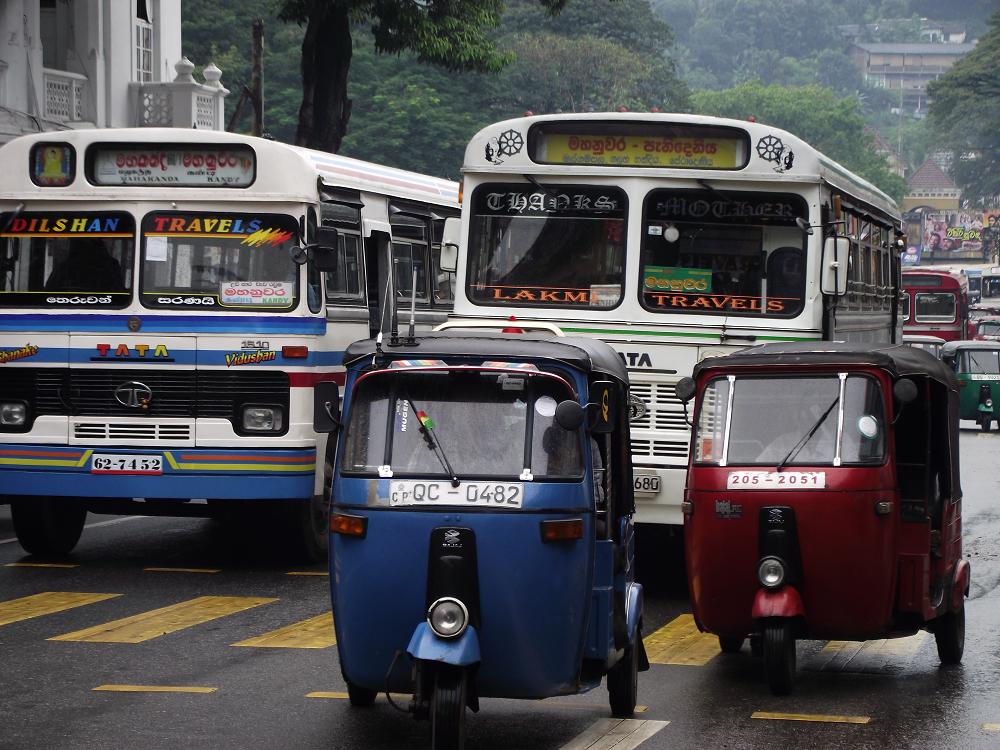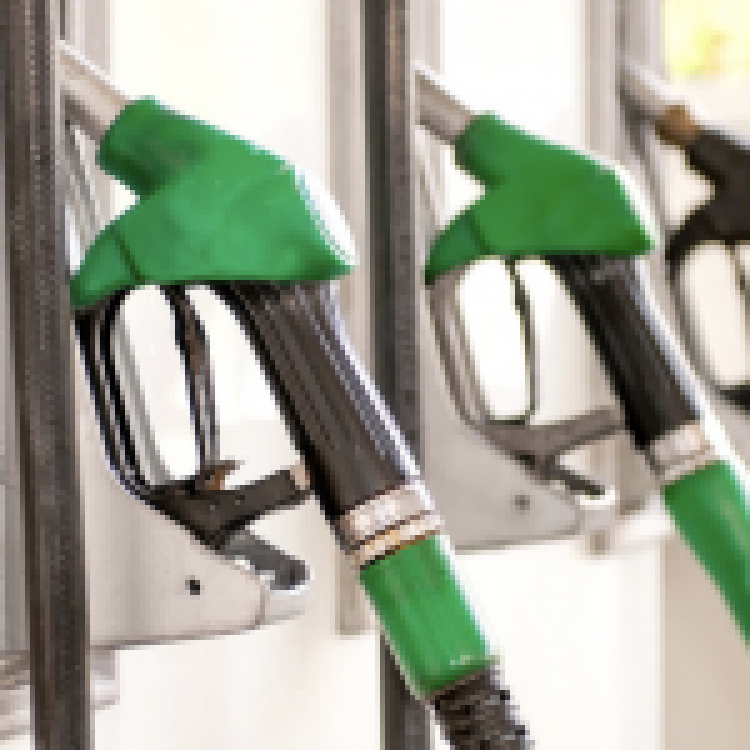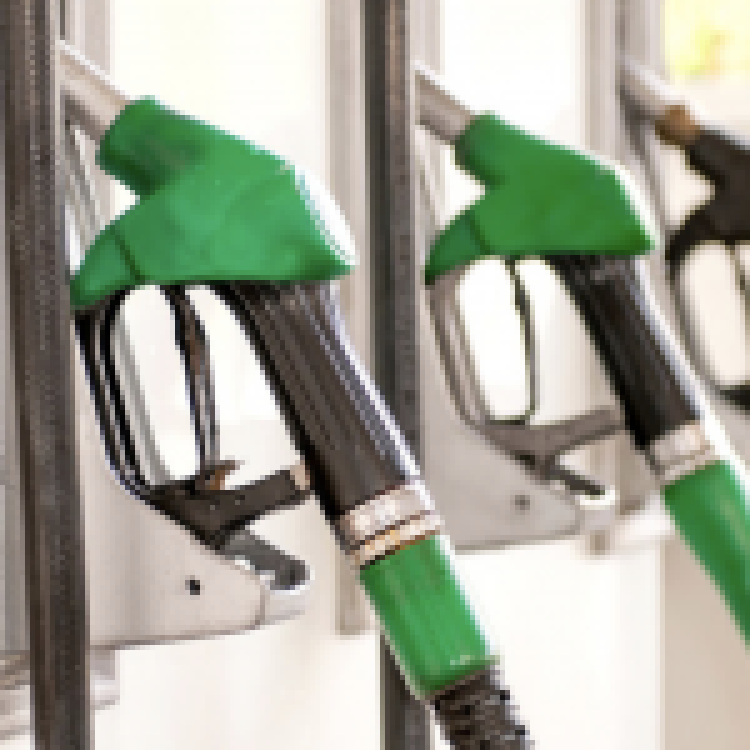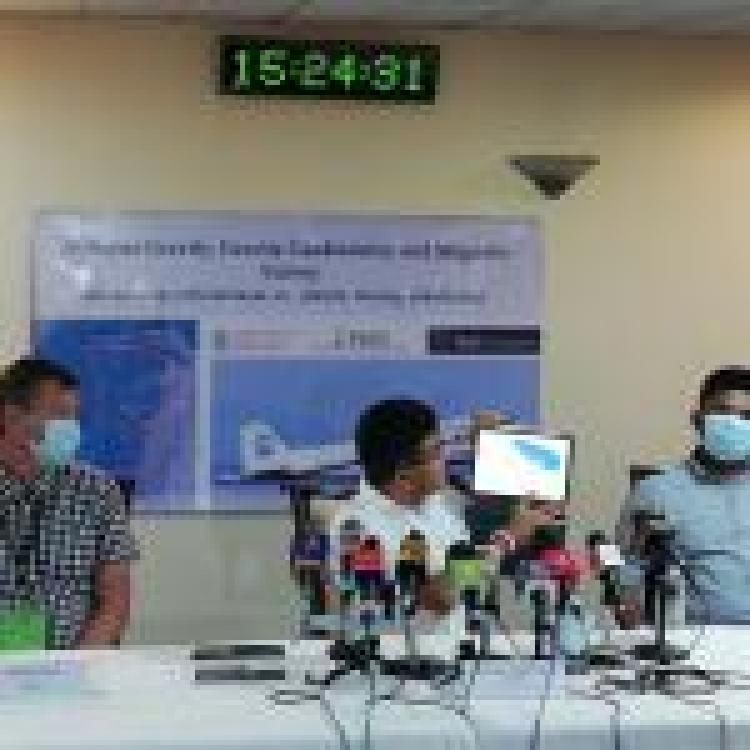
Sri Lanka's fuel crisis exacerbated by its depleting foreign reserves is affecting daily transport services, as providers are finding it increasingly difficult to to keep their buses and vans running.
As the fuel crisis takes a grip on the country, petrol stations have been reported to be rationing the amount of fuel they are providing. Speaking to the EconomyNext several transport providers noted,
’Petrol sheds are rationing what can be given. We need diesel of at least 10,000 rupees to run the daily so when its rationed like this we are wasting time, and the diesel we already have,’’
Some petrol stations have imposed a cap of 2000 rupees for diesel.Commenting on this President of the Lanka Private Bus Owners’ Association Gemunu Wijeratne told reporters,
“This is not practical, because a bus needs about 6,000 to 7,000 rupees worth of diesel a day to operate short distances. For long distance it’s about 10,000 rupees. This is severely impacting us,”
Wijeratne said his association plans to inform the Transport Ministry that private bus owners will be compelled to limit their operations.
Wijeratne added, “If this continues, public transport will collapse and the economy will come to a standstill,”
The state-run Ceylon Petroleum Corporation (CPC) cannot buy enough dollars in the market at the current 200 to the US dollar rate due to foreign exchange shortages. The shortages come from rupees injected into the banking system to maintain low interest rates which it has pushed up credit and demand for all imports, made worse by poor governmental policy and the effects of the pandemic.
Energy Minister Udaya Gammanpila has sought a price increase for fuel but the cabinet of ministers last week decided not to raise prices, the minister noted in parliament last week,
"The problem we are facing is not a power or fuel problem. It is the non-availability of dollars.”
The CPC says it is losing 551 million rupees a day due to rising fuel prices in February, Economynext reports. In the three months from February to April, Sri Lanka has another USD $ 1.83 billion foreign currency debt settlements to pay, while a USD $1 billion dollar sovereign bond matures in July. The country faces an increased risk of default, yet so far has resisted and shut down any inclination that it will seek assistance from the IMF to restructure its debt. The country instead is banking on that it can access more bilateral and multilateral funding lines. As the livelihood of those across the island becomes more precarious the militarised state, still finds foreign reserves to purchase military aircraft from India and request them from the US.
The January foreign reserves only provide 1.4 months worth of import cover. However, critics have pointed out that the actual number to be at USD $800 million of useable reserves, roughly 3 weeks' worth of imports. The USD $2.36 billion includes the Chinese swap of 10 billion yuan, which equals roughly USD $1.5 billion. The holding of yuan although bolstering the nation's reserves is not being used to finance vital imports or settle debt repayments as the country spirals into a deepening economic crisis. As the island nation battles with rising inflation, essential good items have reached record highs restricting vulnerable households access to food.
Read more at EconomyNext




